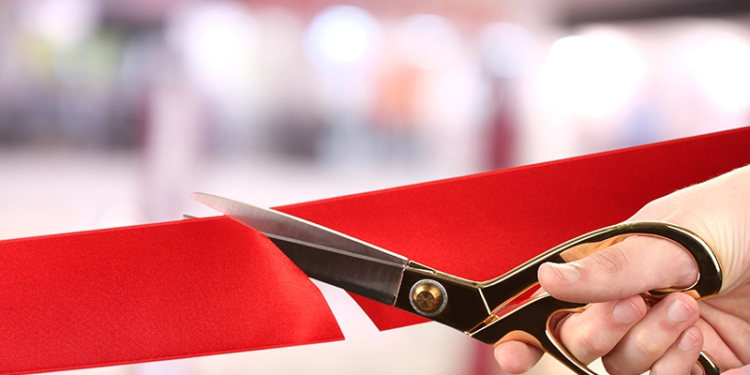A relatively recent comparative knee study was done in Germany that was unbiased and not sponsored by any major manufacturer.
It is known by some as the Munster Study. Originally printed in German but is available in English.
Original Title and Authors:
Kniepassteile mit geregelter Flexionsdampfung fur Oberschenkelamputierte im klinischen cross-over Vergleich: C-Leg, Rheo Knee II, VGK, Orion Stefan Schuling, Markus Hildebrandt, Kerstin Tiemeyer
From the preface:
“The circumstances of the Klinische Prufstelle are -regretably- not suitable for the authors of the study to extract a paper suited for publication in a scientific journal.
Should anyone feel tempted or compelled to such a project the authors will be glad to cooperate.
The “Klinische Prufstelle” (which could roughly be translated as “Clinical Audit Center”) is a small research unit linked to the University Hospital for Prosthetics, Orthotics and Rehabilitation in Munster, Germany.”
It was well done in many ways and could be a model to build on.
I think it is clear to everyone that good, unbiased, comprehensive studies need to be done to compare microprocessor knees and other components such as hydraulic ankle feet and microprocessor feet both motorized and not motorized etc. Not to mention other more conventional component testing.
Also, as was noted in a few lectures at the recent Academy meeting in Chicago, many of the current “outcome measurements” are proving to not be appropriate measurements and better outcome measurements need to be created.
I personally believe subjective information is an important factor and should be developed and included more extensively in future studies as well.
We know it is difficult to get a significant number of participants for meaningful studies and that it is a time and cost burden to do so.
I would like to suggest we tap some underutilized resources that, working together, could produce the kind of meaningful body of information the prosthetics field needs.
To that end, I would like to suggest:
1)Experienced independent researchers in different parts of the country located at schools and VAs could take the lead ( with student help) in designing rigorous research projects.
2)The students in the O&P programs, that are now masters programs and are presumably being geared for doing and understanding research, can play a big part in facilitating and gathering data. What a great way to start a career. The work can be continued by students in subsequent classes.
3) VA hospitals could conceivably provide the subjects and prosthetists (and possibly gait labs) at numerous recognized sites of excellence. In this way, any one site could have, for example, 5 patients, insignificant for a comprehensive study, but multiplied several times by using multiple VA sites would become a significant study.
4) The manufacturers would be asked to donate components and funds on an equal basis as well as be invited to supply prosthetists and engineering support to insure that alignment and function is understood and optimal and that they are adequately represented and fairly compared.
Since the VA and students would be involved, fewer funds would be required and all would gain.
I will be retiring at the end of the year , so I hope this idea can be picked up by prosthetists and researchers that care about the need for definitive information. Perhaps AAOP would want to facilitate/inspire these academic research projects. It could be a great contribution on their part and provide many meaningful presentations for future meetings.
Sincerely,
Mark Benveniste CP




